#roger sherman
Explore tagged Tumblr posts
Text
Roger Sherman was the best thing to happen to Connecticut, tbh, it's a shame they haven't had anything like him since
14 notes
·
View notes
Text



Happy heavenly birthday Rex Robbins! He would have been 90 today
11 notes
·
View notes
Text

oh my. oh myfcgooodnrss. oh lord. great heavrns. I love her. ohm h goodness. s orru I just like her a lot. sorry
7 notes
·
View notes
Text






The rest of the founding cats are done plus King George cat cauee I couldn’t not make that
#rays art#history#us history#amrev#samuel adams#roger sherman#john hancock#robert r livingston#richard henry lee#king george iii
62 notes
·
View notes
Text
I actually can’t with them
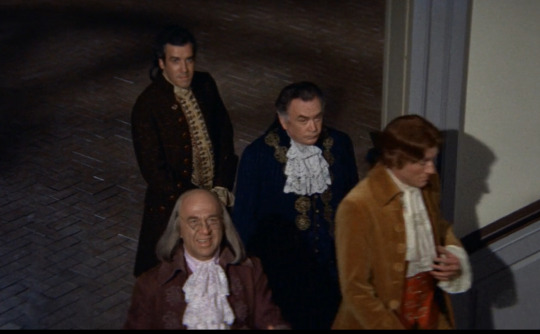
#colonial america#founding fathers#1776#1776 musical#1776 1972 film#1776 the musical#thomas jefferson#benjamin franklin#robert livingston#roger sherman#1776 movie
39 notes
·
View notes
Text

whoever painted roger sherman did him real dirty
bro looks like a thumb
4 notes
·
View notes
Text
Very good movie.
#1776 film#john adams#abigail adams#thomas jefferson#martha jefferson#john hancock#richard henry lee#benjamin franklin#john dickinson#james wilson#edward rutledge#lyman hall#lewis morris#robert livingston#roger sherman#caesar rodney#john witherspoon#samuel chase#josiah bartlett#andrew mcnair
0 notes
Video
youtube
Roger Sherman Words of Wisdom This quote reflects Sherman's belief in the importance of elected representatives staying connected with their constituents and understanding their needs and perspectives. He advocated for representatives to spend time with the people they represented to remain grounded and avoid becoming disconnected from the realities and concerns of their communities.
#youtube#Roger Sherman#Founding Fathers#Representatives#Words of Wisdom#Liberty#Freedom#Freedom of Speech#communites#America#American
0 notes
Text






Night Dawn and Day Artwork by Ryan Samuel Carr
#night of the living dead#dawn of the dead#day of the dead#artwork#ryan samuel carr#horror#movies#horror movies#zombies#george romero#ben: notld#duane jones#bub#sherman howard#dr. tongue#flyboy#david emge#scott reiniger#roger demarco#dead series
76 notes
·
View notes
Photo




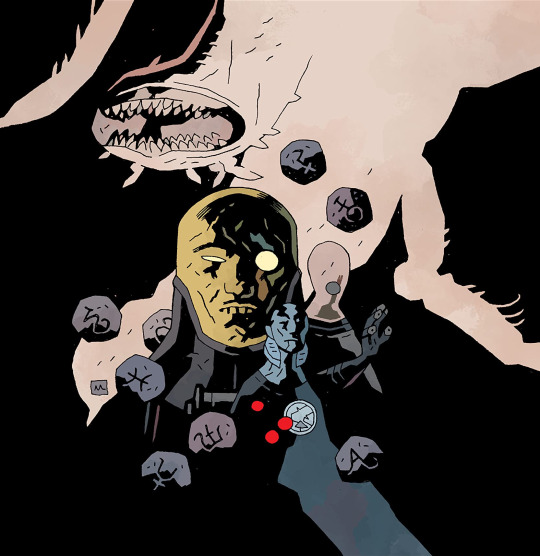
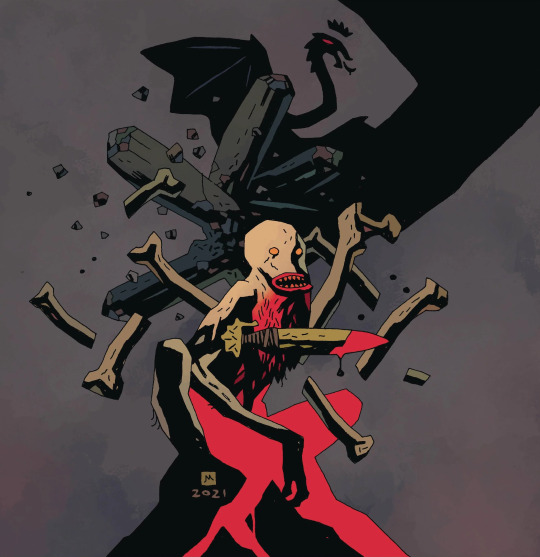
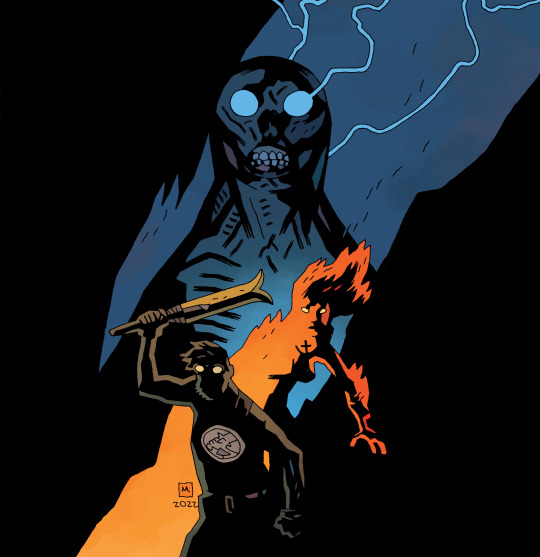



From the World of Hellboy: B.P.R.D. Omnibus cover art, by Mike Mignola.
#art#mike mignola#bprd#comics#abe sapien#liz sherman#roger the homunculus#benjamin daimio#lobster johnson#johann kraus#wendigo#ted howards#hellboy#grigori rasputin
469 notes
·
View notes
Text
Idk I just love the way he sings “I am just a simple cobbler from Connecticut”
18 notes
·
View notes
Text
Save me yuri Roger Sherman.......

Save me.......

I love yuri Roger Sherman so much 🫶🫶
2 notes
·
View notes
Text

Hellboy and his crew by the late, great John Casaday.
47 notes
·
View notes
Text
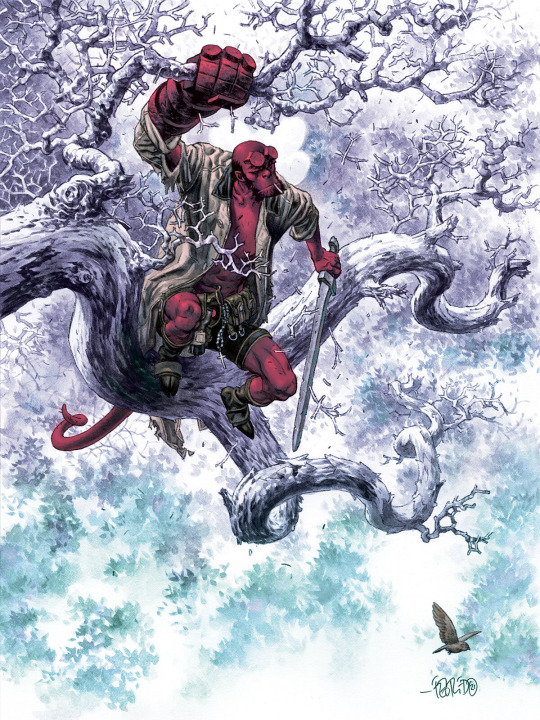





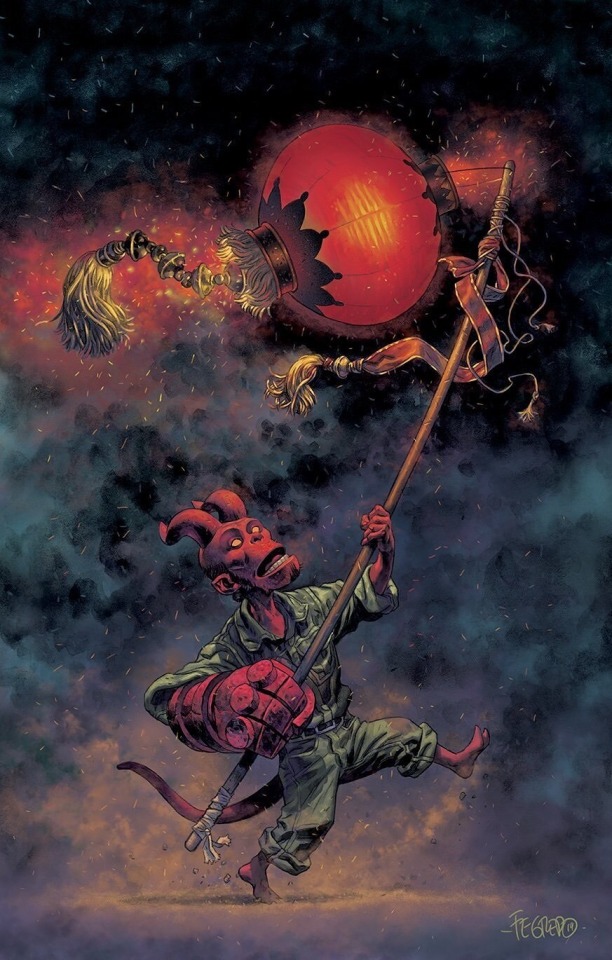
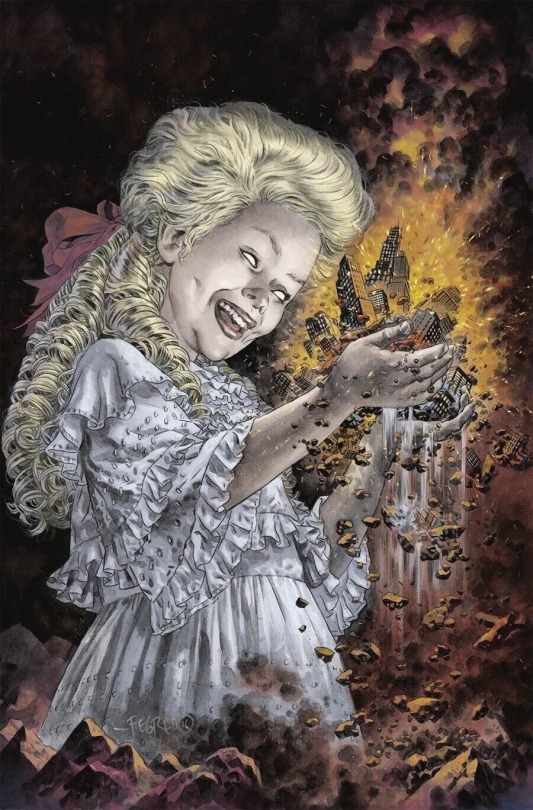

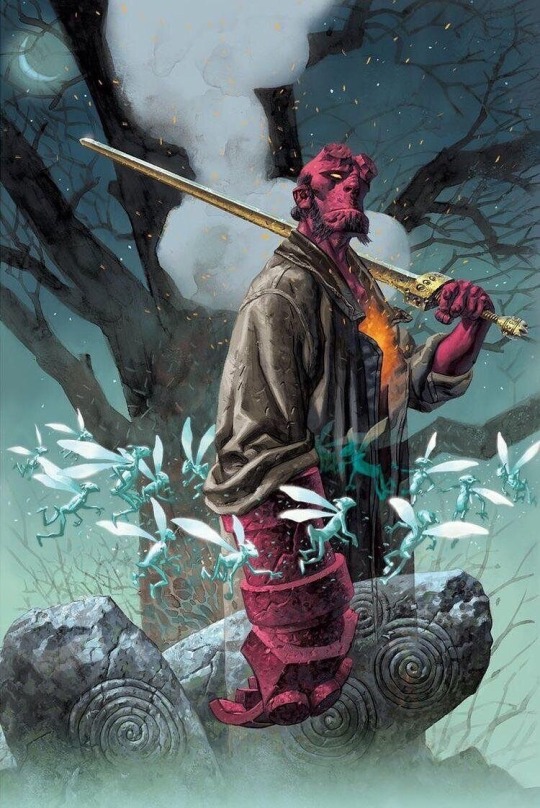
Hellboy & The B.P.R.D by Duncan Fegredo
#hellboy#duncan fegredo#b.p.r.d.#bprd#mike mignola#mignolaverse#young hellboy#abe sapien#liz sherman#johann kraus#ben daimio#kate corrigan#professor broom#roger the homunculus#varvara
345 notes
·
View notes
Text
Don’t look so happy about it though.
0 notes
Text
trios that feel polyamorous coded but no explanation
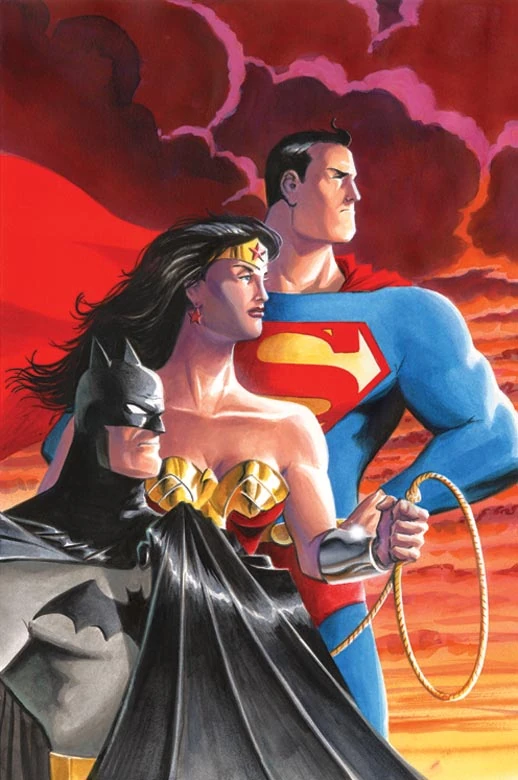
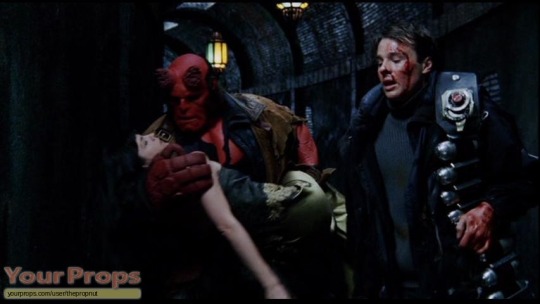
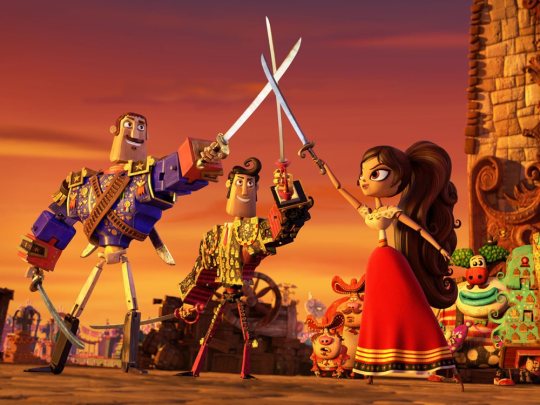


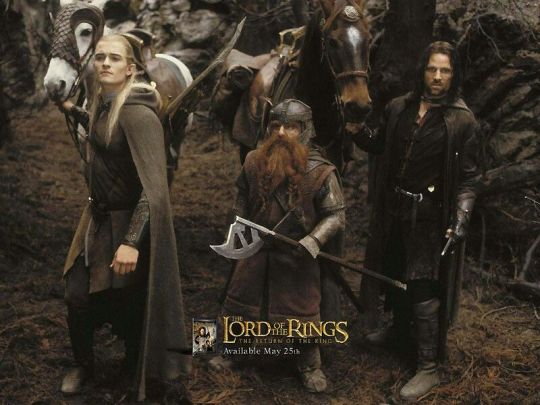
feel free to add
#superman#clark kent#bruce wayne#batman#wonder woman#diana prince#dc trinity#superwonderbat#dcu#hellboy#agent myers#liz sherman#manolo the book of life#the book of life#juaquin x maria#stevenatsam#steve rogers#sam wilson#natasha romanoff#matt murdock#foggy nelson#karen page#marvel#mcu#avengers#lotr#the lord of the rings#two towers#lotr two towers#aragorn
102 notes
·
View notes